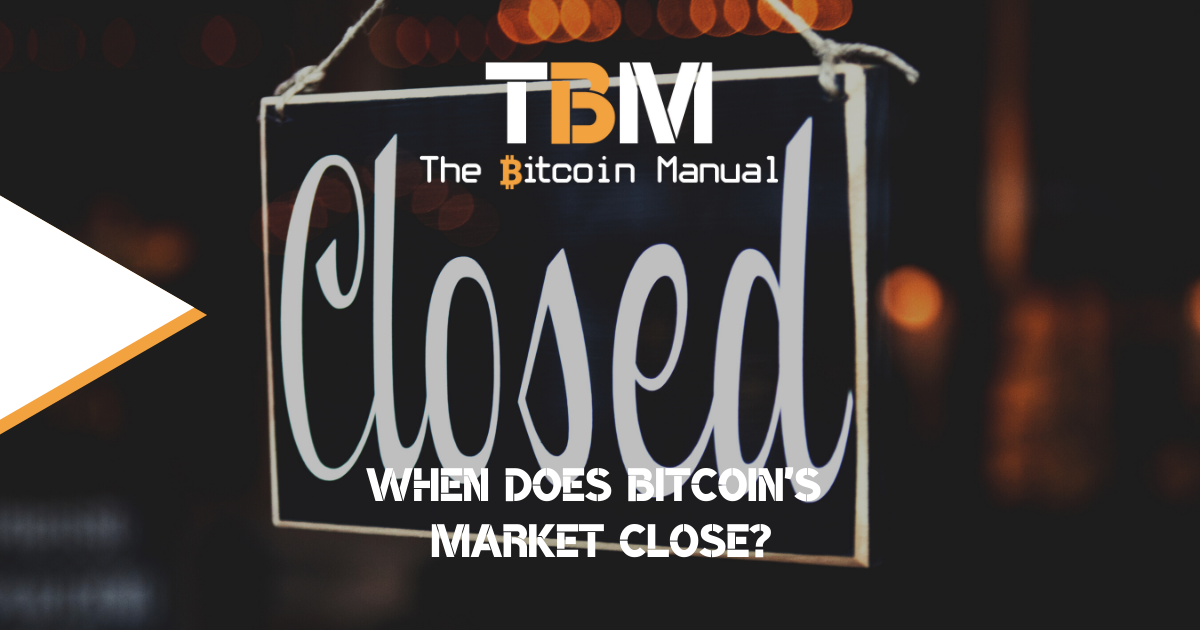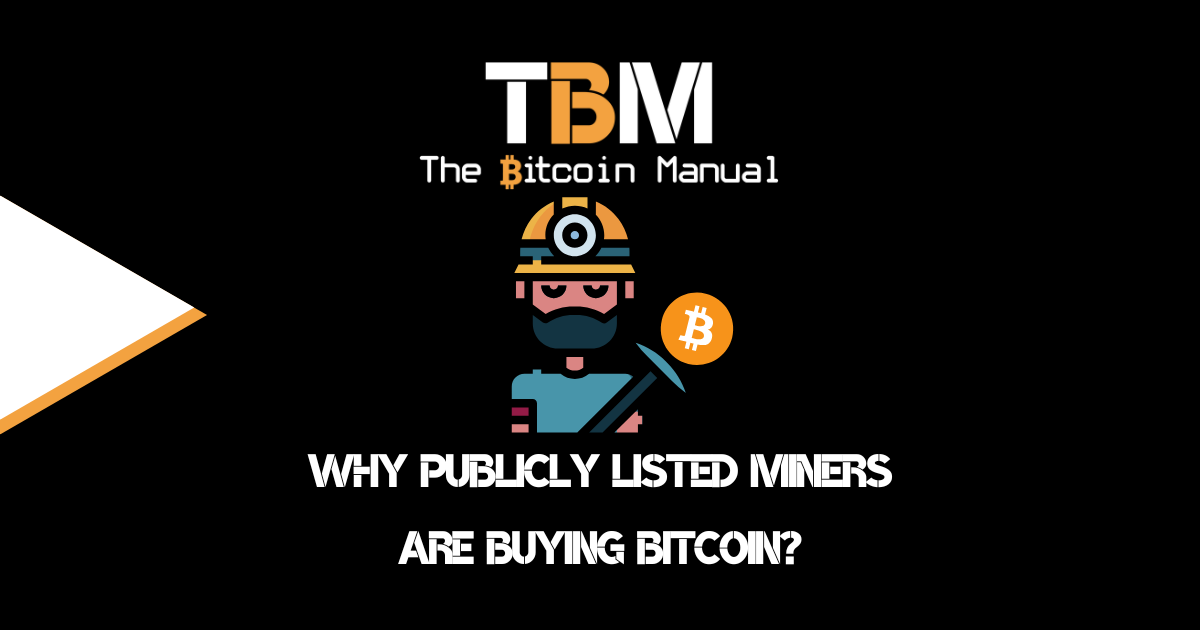When it comes to investing in assets, it seems like an abstract theory for most of us. For some, we think of people shouting at each other on a trading room floor; for others, they might think of traders sitting in front of several monitors placing orders. The trading room floor has expanded since the dawn of the internet, and you can now do it from the palm of your hand.
Several fintech apps allow you to buy stocks and other financial assets like Bitcoin on your Smartphone. Regardless of the method you use to trade, you still need to abide by the rules, and once the market is closed, so are your trades for the day.
Markets run on centralised servers that need to consolidate all the trade information for the day and ensure that everything runs smoothly.
Since Bitcoin is a distributed financial system that uses a blockchain, and clearance is immediate, it doesn’t have this problem. Bitcoin never closes and can be bought and sold 24/7, 365 in any country. The underlying technology makes Bitcoin a far more efficient market and draws in more participants by the day.
Key learnings
- Bitcoin markets do not close
- Bitcoin doesn’t have an official closing price
- Bitcoin trades around the world 24/7
- Bitcoin trades can clear trades on the blockchain
- Bitcoin is not tied to the time trading rules of any financial markets
Understanding the close
The close refers to the end of a trading session in the financial markets. Knowing when markets open and close is essential for efficient trading, regardless of the exchange or type of security. Knowing when and how to close out a trade is also critical for market participants. Depending on the market you’re trading and what time zone they operate in, closing and opening times will be different.
So you can see how this can cause issues for traders or worse slip-ups should they not exit trades at the right time or open them at the right time. Bitcoin doesn’t have this problem; with the number of exchanges we have today, both centralised and decentralised, they allow you to trade all day, every day.
You can trade in a local currency pair, a foreign currency pair to Bitcoin or pick out several order books; there is not limited to your access to the market.
Does Bitcoin have a closing price?
The closing price is the price of the final trade before the close of the trading session. These prices are important because they are used to create traditional line stock charts, as well as when calculating moving averages and other technical indicators.
When it comes to Bitcoin, the short answer would be no; since the market never closes, there is no closing price. Sure, you can call a certain price of the day your closing price, but that’s specific to your currency pair and location and time zone.
Bitcoin’s market provides fair access.
In the case of stock markets, there are after-hours trading services. This refers to trading that occurs after the market closes. It allows investors to buy and sell securities outside of regular trading hours. Trades in the after-hours session are completed through electronic communication networks (ECNs) that match potential buyers and sellers without using a traditional stock exchange.
Trading outside regular hours has been around for ages, but as in the case of most traditional finance tools, it is the domain of high-net-worth investors and institutional investors like mutual funds. Sure these after-hours markets are still regulated as the traditional market, but it does mean those with preferential access have a leg up on the competition.
Bitcoin is not a stock so it doesn’t have to play by those same rules. sure, there are OTC desks, and people can make certain deals, but the majority of volume comes from the open market for now. As Bitcoin becomes institutionalised, more volume may come from OTC or secondary markets.
But this does not change the fact that the Bitcoin market remains open and provides anyone access as long as you have an internet connection. It doesn’t matter if you’re trading with a business, a person on a P2P exchange or via a DEX that matches your order with someone else.
You will always have access to liquidity; how much liquidity, of course, depends on the market you’re using.




